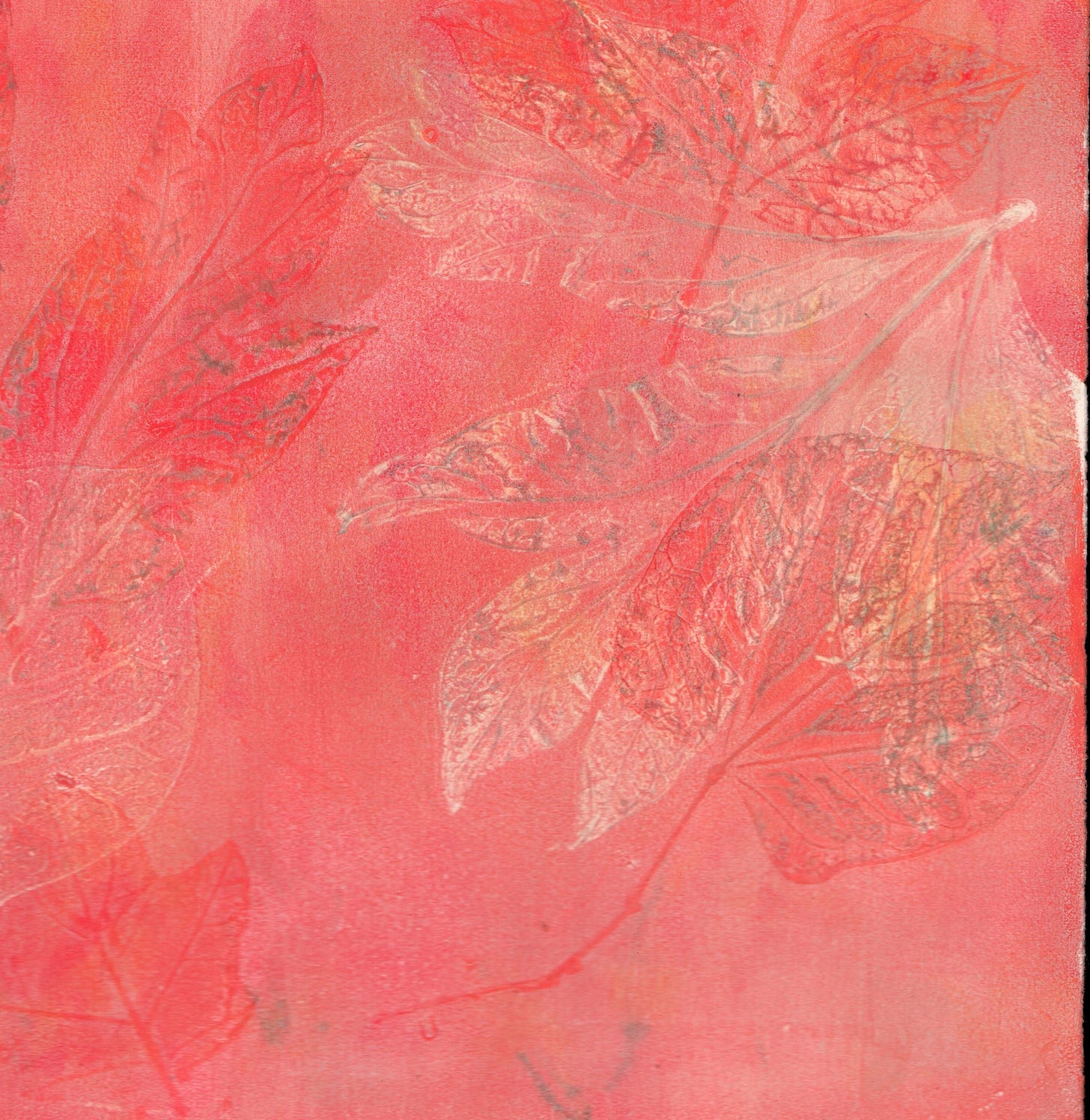Road Song (Natalie Kusz). Found in the Princeton University bookstore. Carried home. Broken open. Profoundly loved. The first memoir in my possession. It is 1990, all those years ago, and I am entering the world that will, in so many ways, define my life—the personal story, elegantly told.
I will study it. I will teach it. I will try so hard to write it. I will wish it. I will stand in the basin of auditoriums and sit among the young at the University of Pennsylvania and succumb to Zoom making my impassioned pleas for universal truths and poetry, for writing that transcends. I will, with ferocity and tenderness, mark the pages of the memoirs being born. This but not this, I will say. Take care.
Because of Natalie Kusz. Because of her story about a family that sets out for Alaska “on a classic quest for freedom” and encounters, in that landscape, possibility and poverty, devastation and deepened love. “To write of those years, I climb a high bluff and look down,” Kusz begins, continuing, a few sentences in: “The view from here is strange, and I find myself disoriented, like a child flying over her neighborhood for the first time, seeing her house not alone but among a thousand other houses, all alike and all different, and so much space all around. I notice, too, the streets and their crosswalks, many heading away, many more returning.”
Across these decades I have returned repeatedly to Road Song—reading it out loud to others, whispering it quietly to myself. In the morning hours of the day my father so suddenly, so wrenchingly died, I was reading Road Song, this church of a book. By the time the phone rang late that night to announce the news of my father’s catastrophic failing, there was a storm, and in an old, rusted Jeep, beneath rumble and strikes of light, my husband and I plunged up and down the hills at speed, so that I might run through the halls of the place where my father lived, and turn into his too-bright room and hold his hand, and bring him peace, or what I hoped would be some peace, for I don’t know if he could hear me, he shouted out, he could not hear me, and it was Road Song in that room with me, its wisdom that transcends.
This Saturday, in a workshop about place, I will again be reading from Road Song—the book that set me on this journey. The book about a child who goes on an adventure with her family, a child who survives the brutal attack of a neighbor’s sled dogs, a child who, in the aftermath of this event, grows up to calibrate her story with sentences that limn the landscape and widen the heart and refuse to indulge in self-pity.
I leave you with Kusz remembering the days following her mother’s death:
“We all wanted in this way to freeze our lives, to move not an inch forward to a place where our mother had not lived. The mornings were hard and we lay back on one another’s bellies, eating sandwiches before I whipped us on again to go packing. Bethel came to my room crying after sleep, saying, ‘I woke up thinking my dream was real, and now she’s not here after all.’ It was the same way for us all, and we took to our beds early, working hard in the day and imagining other things while we slept. We were older, we said sometimes, than we had ever expected to be.”





lovely to see the memoirs that grow into you and others. I have read Alice Koller's Stations of Solitude and now will read her memoir thanks to Char. I just ordered Road Song and will take it with me on my two weeks of road travel in Europe. But I will see you, Beth, on Saturday for the Juncture workshop on Place!
I am older . Never expected to be. Nearer , a decade than my mother’s withering death . Road Song. I will be there.